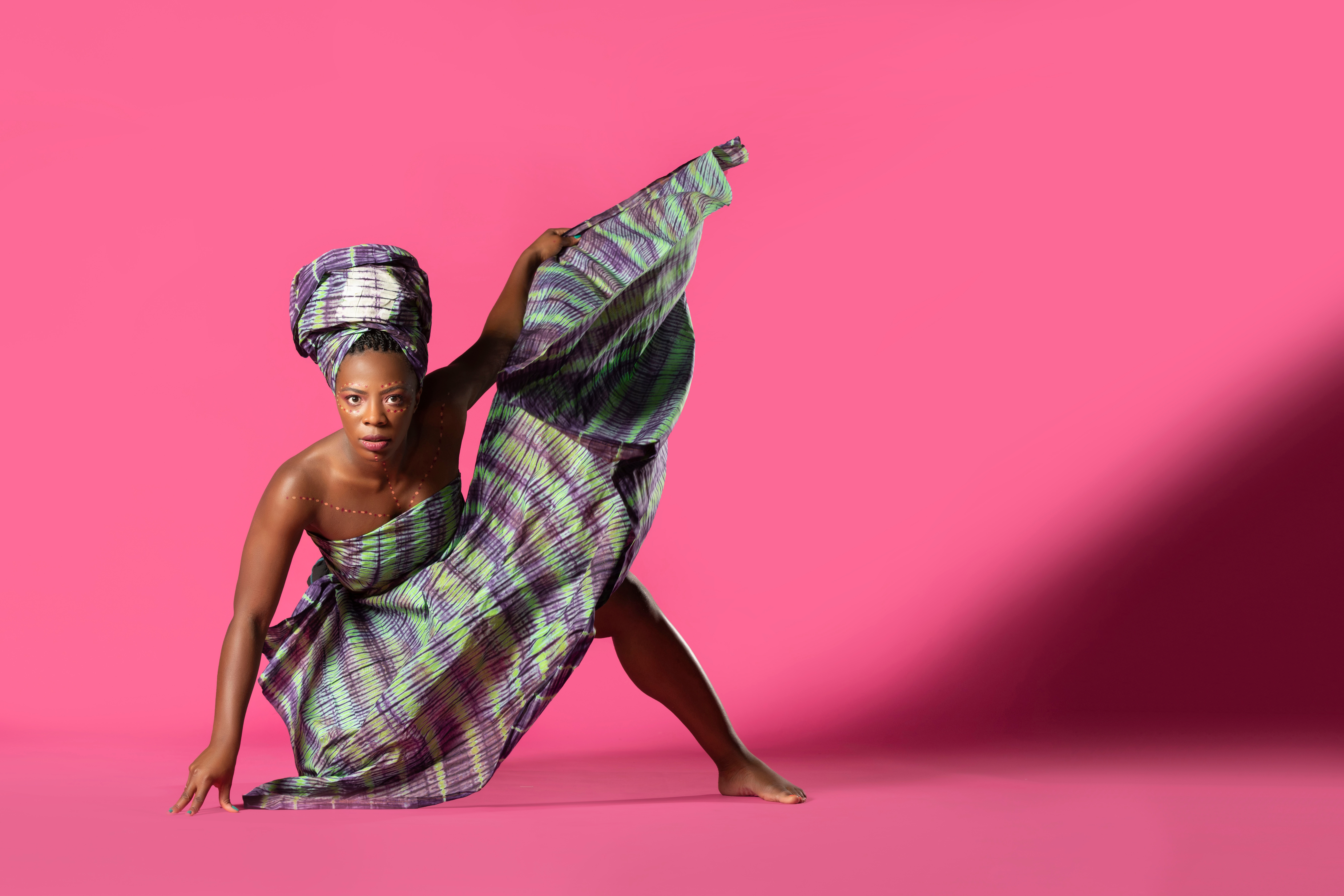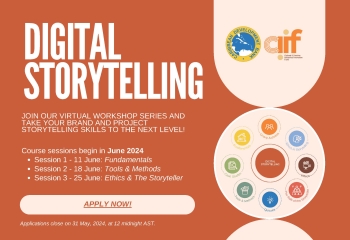CIIF Supported Publication Explores the Links Between Arts and Development

What started as the doctoral thesis of famed Trinidadian actor, theatre historian and scholar Errol Hill, has formed the basis of an expansive publication that captures the critical findings of a symposium from the Caribbean Festival of Arts (CARIFESTA) 2019 – Journey Round Myself. The essays, which were generated from the symposium, have been regarded as such seminal and valuable output, that senior academic Dr Suzanne Burke has made it her mission to have the collective published and accessible to the people of the region.
That goal has been achieved, thanks to grant funding from the Cultural and Creative Industries Innovation Fund (CIIF), managed by the Caribbean Development Bank (CDB).
Why are the papers from the Journey Round Myself symposium so valuable?
Dr Burke, who heads the Department of Literary, Cultural and Communication Studies at The University of the West Indies, St Augustine Campus, explained 20 years after Dr Hill’s thesis, the CARIFESTA gathering sought to unpack and understand the modalities of how creatives, artistes, and policymakers for the arts and culture could advance the cultural assets of the region, in the interest of Caribbean development.
The symposium ran for five days during CARIFESTA and included paper presentations and workshops on dance, music, literary art and visual art. The sessions also included two enlightening roundtables on cultural policy, which were sponsored by United Nations Educational, Scientific and Cultural Organisation’s (UNESCO) office for the Caribbean.
Dr Burke, who has focused much of her research on Caribbean culture, carnival, cultural industries and creative entrepreneurship, said attendees regarded the papers as so compelling, useful and nuanced that they should be published. In fact, Ian Randle, of the famed Ian Randle Publishers out of Jamaica, who attended the symposium, committed to assisting in the process.
“A year later, the open call for CIIF came through and we felt that because the papers were so wide-ranging, looking at various themes and areas of the arts, that it provided an opportunity for us to seek a grant to help with the publishing and editing of the book,” Dr Burke disclosed.
Asked why it was so important to produce the publication, Dr Burke remarked, “We have to begin to develop our own knowledge paths. We have to develop mechanisms to ensure that there is knowledge transfer, and we also have to know and write about ourselves. This publication is one of the mechanisms that allows us to see ourselves, write about ourselves, think about ourselves, and pass on knowledge about ourselves." The university academic added, “It is important also because without that knowledge transfer, we tend to lose heritage, our understanding of who we are, and our contributions to the world.”
For those who may classify the content in Journey Round Myself as esoteric, Dr Burke rejects such a label, noting the writings contribute to students’ understanding of Caribbean literature and history. At the same time, its contents also address contemporary issues such as the use of marijuana as a new mechanism for moving some countries away from the traditional agrarian economy.
In the face of doubts about the value of the humanities and cultural studies when there is focus on science, technology, engineering, and math (STEM), Dr Burke was strong in her defence of the arts. She said there is now an acceptance of STEAM (science, technology, engineering, arts and math). The senior academic noted, “I am always cautious when people talk about things like accelerated development and leapfrogging . . . . As [small island developing states], we need to be very mindful of what those things mean and that development is not a linear thing. We have to define what we understand by development for ourselves and not buy into conventional, given knowledge about what constitutes development."
Burke added, “The arts help with cognition, problem solving and critical thinking. It can be easily integrated and we want young people who we see as critical thinkers and problem solvers to appreciate the humanities go a long way in helping us to understand those issues and better prepare us to face the kind of rapid changes we are seeing.”



